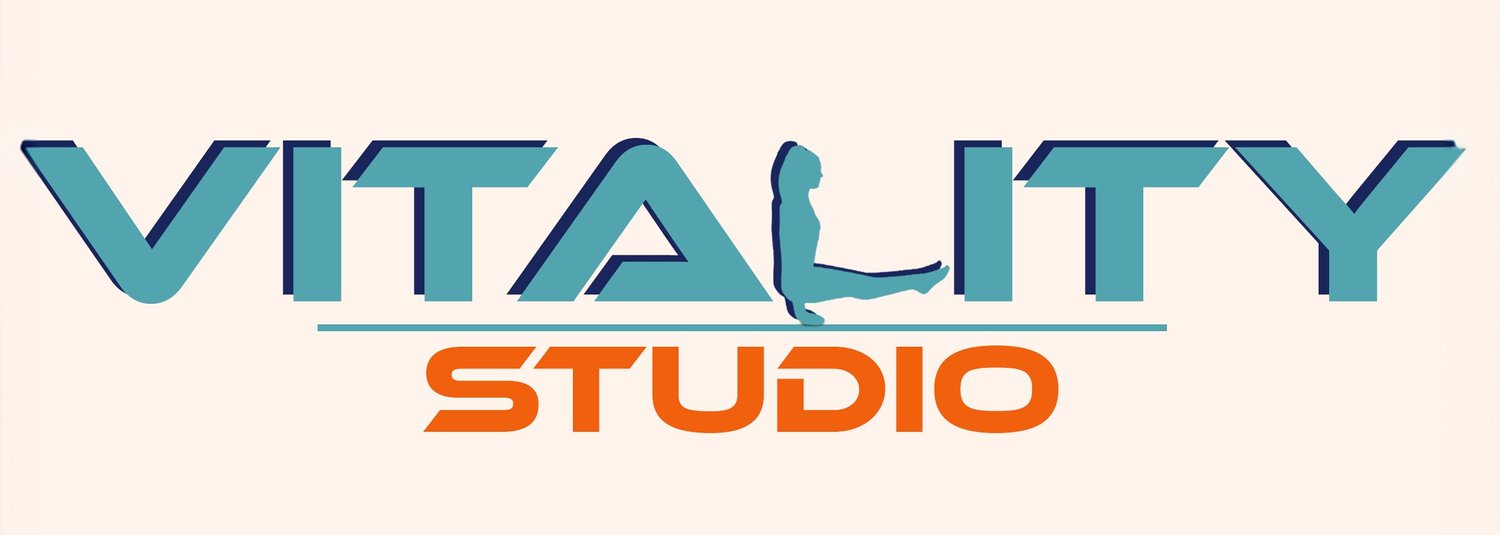Skin and Nutrition
The skin is considered to be the body’s largest organ. It has many important functions such as regulating body temperature, providing a protective barrier against microorganisms, pollution and UV radiation, vitamin production, storing water and fat and for receiving sensory information. Genetics play a primary role in skin condition, but eating a varied nutritious diet rich in vitamins, minerals and antioxidants can be very beneficial for skin health.
Vitamin C – an antioxidant that protects and repairs the skin. It’s is also necessary for collagen production (Citrus fruits, broccoli and strawberries).
Vitamin A- an antioxidant that protects and repairs the skin (eggs, dairy products like milk and cheese, oily fish and liver)
Vitamins B2/riboflavin (eggs, milk, fortified cereal) and vitamin B3/Niacin (eggs, fish, meat and wheat flour) keep the skin healthy.
Vitamin D helps to skin repair and protect the skin (sun exposure, egg yolks, oily fish and red meat)
Vitamin E is another powerful antioxidant that protects the skin (nuts and seeds, plant oils wheatgerm).
Omega 3 fatty acids- reduce inflammation and help to keep the skin moisturised and supple (oily fish, flax seeds, chia seeds and walnuts, green leafy vegetables).
Zinc – wound healing and reducing inflammation (dairy, meat and shellfish).
Selenium- an antioxidant that protects cells from damage (eggs, meat fish and Brazil nuts).
Other ways to protect the skin include adequate hydration, limiting alcohol, getting plenty of sleep, reducing stress, avoiding smoking and limiting sun damage.


